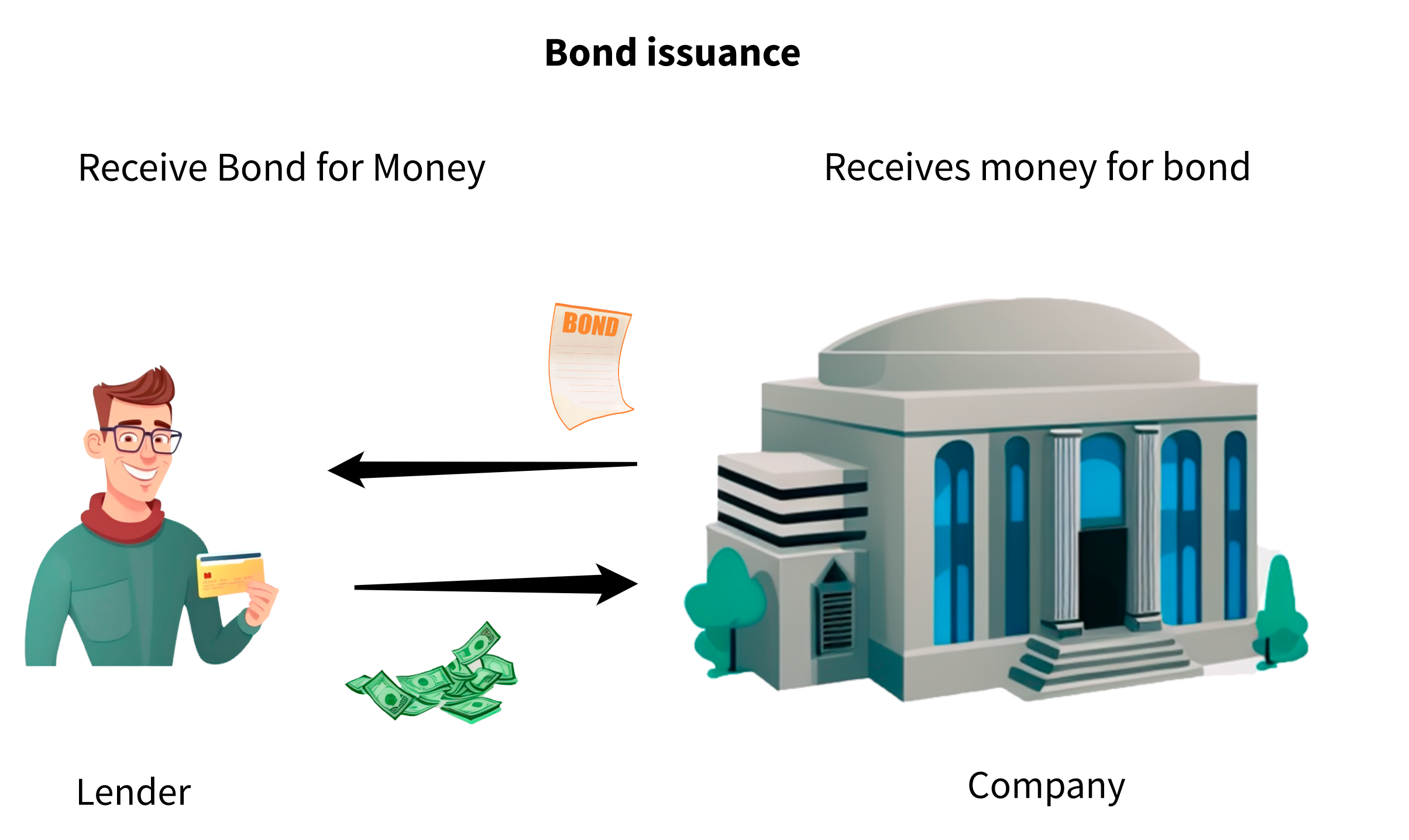
Behavioral finance is when people study how other people make decisions about money. It's like figuring out why someone chooses to buy one thing instead of another thing. Sometimes people make choices that are not good for their money because they let their feelings get in the way. For example, if they hear that the stock market is going down, they might get scared and sell all the things they invested in. But that's not always the best thing to do.
People who study behavioral finance say that when it comes to money, we don't always make decisions based on logic or self-control. They know that our emotions and physical health can affect how we handle money. For example, if we are worried or stressed, we might not make the best decisions about money.
Thus, understanding behavioral finance can assist us in making better financial decisions. It can help us recognize when our emotions are influencing our behavior and make more informed decisions. By understanding behavioral finance, we can improve our financial health and make our money grow over time.
The following 5 factors can help you grasp behavioral finance, which is essential for successful investing:
1. Avoiding Emotional Decisions: Sometimes, when people are trying to make smart choices about their money, they get worried or scared. This can make them make bad decisions about their investments. For example, if they hear that the stock market is going down, they might get scared and want to sell all their investments right away. But this might not be the best thing to do in the long run. If you understand how your emotions can affect your choices about money, you can avoid making bad decisions that could hurt your investments. By learning more about how emotions can influence our choices, we can make smarter choices that will help our investments grow over time. So, always take your time and think carefully before making any decisions about your money.
2. Detecting Biases: Everyone has biases that influence their decision-making. These biases can be based on personal experiences, beliefs, or cultural background. By understanding your biases, you can make more informed investment decisions. For example, if you have a bias towards a particular type of investment, you may be more likely to invest in it even if it's not the best choice for your portfolio.
3. Managing Risk: When you're trying to make smart choices about where to put your money, you need to remember that there's always a chance that you might lose some of your money. This is called risk. Some people are okay with taking risks with their money, while others like to be more careful. If you understand how risk can affect your choices about money, you can make better choices about where to put your money. By learning more about how risk works, you can decide if you want to take a big risk or a small risk with your money. This way, you can make informed choices about how to grow your money over time. Remember, it's important to be smart with your money and always think carefully about the risks involved before making any decisions.
4. Avoiding Overconfidence: Overconfidence is a common problem among investors. Investors may believe that they have special knowledge or insight that other investors don't have, which can lead to poor investment decisions. By understanding how overconfidence can affect your investment decisions, you can avoid making decisions based on false assumptions.
5. Improving Investment Performance: By understanding behavioral finance, you can improve your overall investment performance. For example, you may be able to identify undervalued stocks that other investors have overlooked, or you may be able to avoid making emotional decisions that can hurt your investments.
Understanding Behavioral Finance in the Stock Market
The study of why people choose to purchase or sell equities on the stock market is known as behavioral finance. It examines how our feelings and societal pressures may affect our choices. The efficient market hypothesis (EMH) contends that stock prices accurately reflect all information. The stock market occasionally performs differently, and this is when behavioral finance comes into play. It explains why humans might make decisions that, with all the knowledge available, don't seem to make sense.
Investors and people who manage portfolios (which are like groups of stocks that are owned by one person or company) are interested in understanding behavioral finance because it can help them make better choices about what to buy and sell. It can also help explain big changes in the stock market, like when prices go really high or really low.
What Does a Behavioral Finance Finding Look Like?
When people buy things that they hope will make them money, like stocks, sometimes they make strange choices. Even if they are making money, they might sell their things too quickly and not wait to make even more money. But if they are losing money, they might keep their things for too long, hoping they will get their money back. Sometimes, they might even buy more things that are losing money, hoping that they will eventually make up for the money they lost. This is called the "disposal effect" and it happens because people are scared of losing money and want to feel like they made the right choice.
OVERALL:
In general, knowing behavioral finance is crucial for making wise financial choices. You may make better decisions and boost your investing success by being aware of how emotions, biases, risk perception, overconfidence, and other factors may impact your decision-making.



